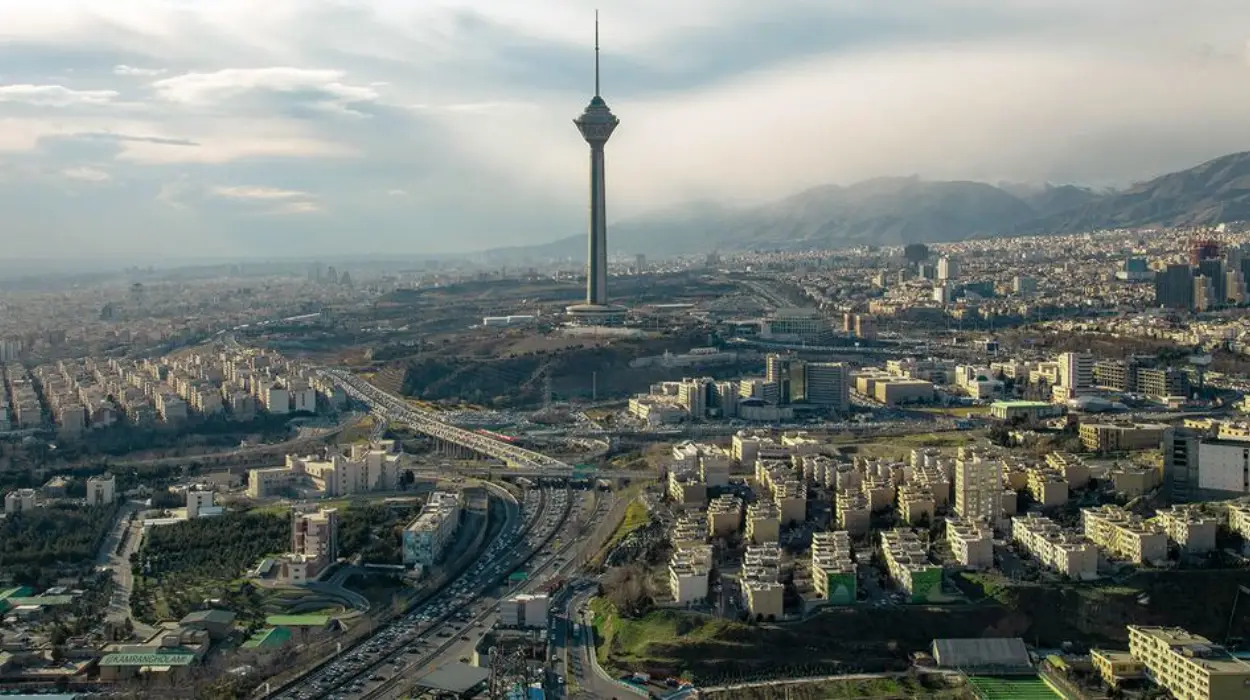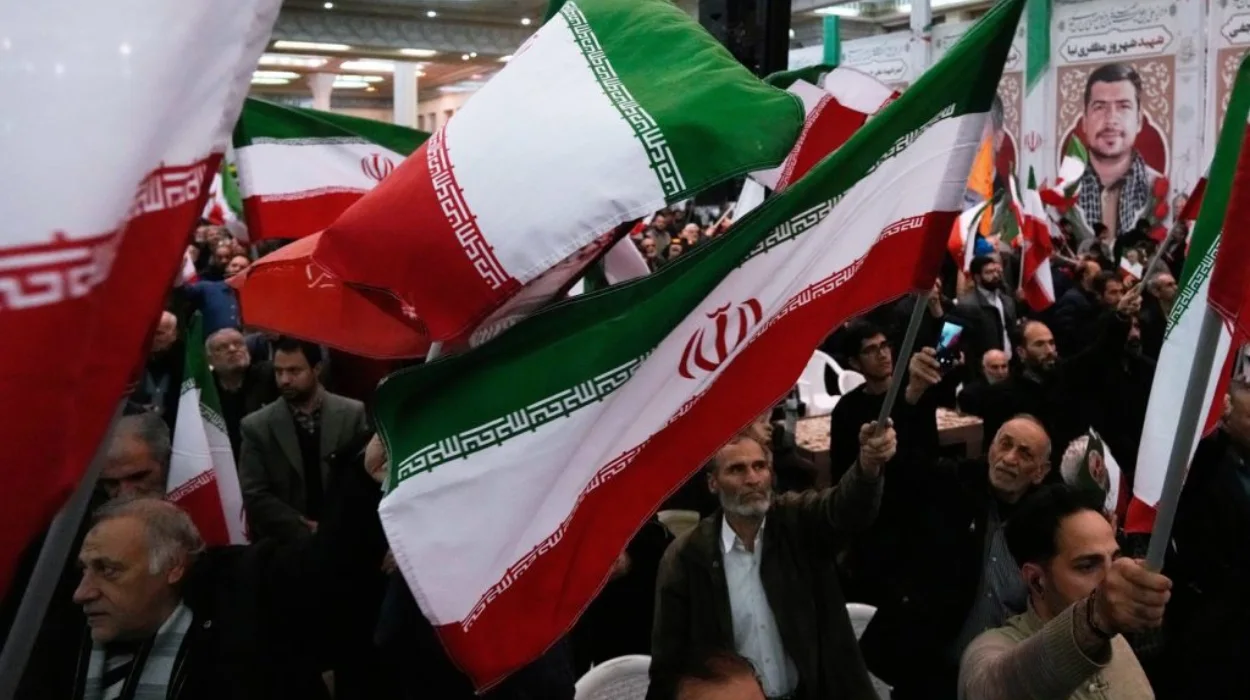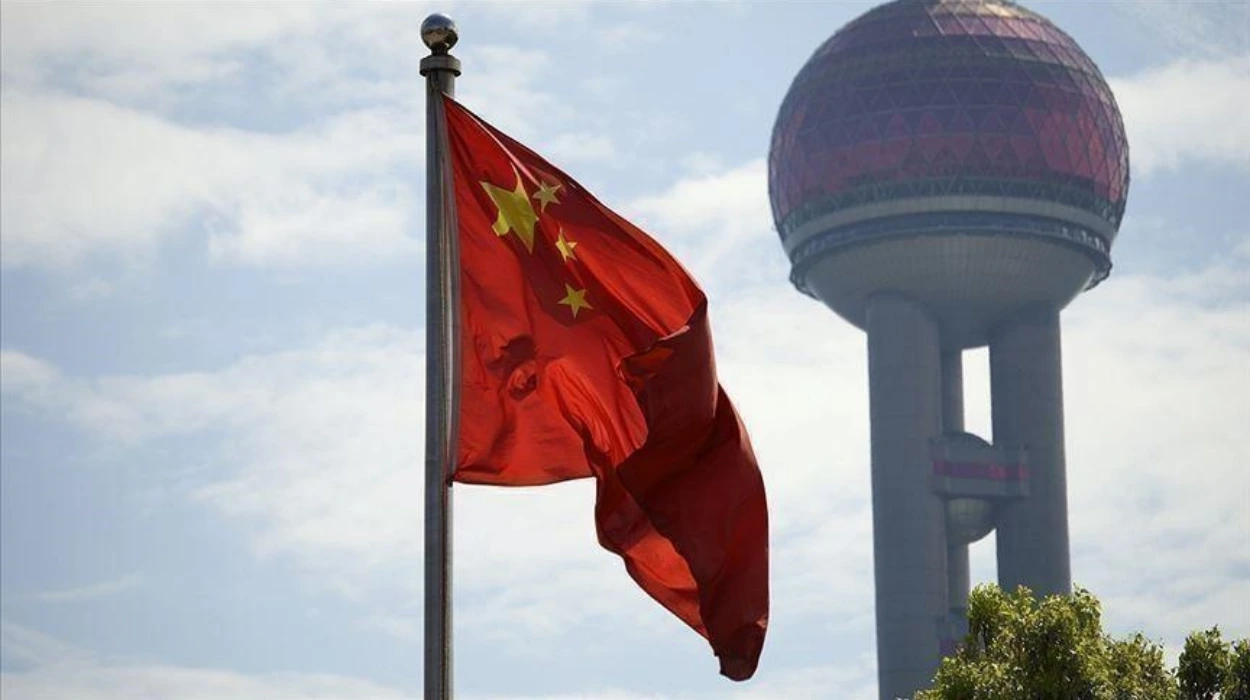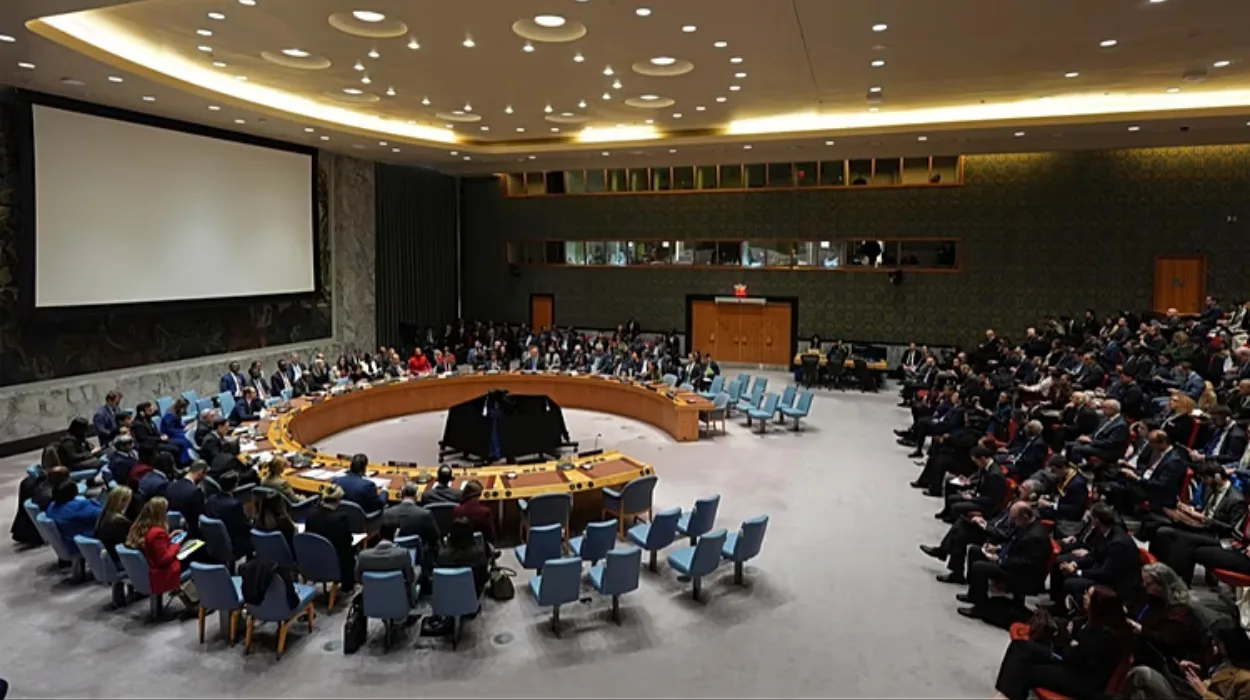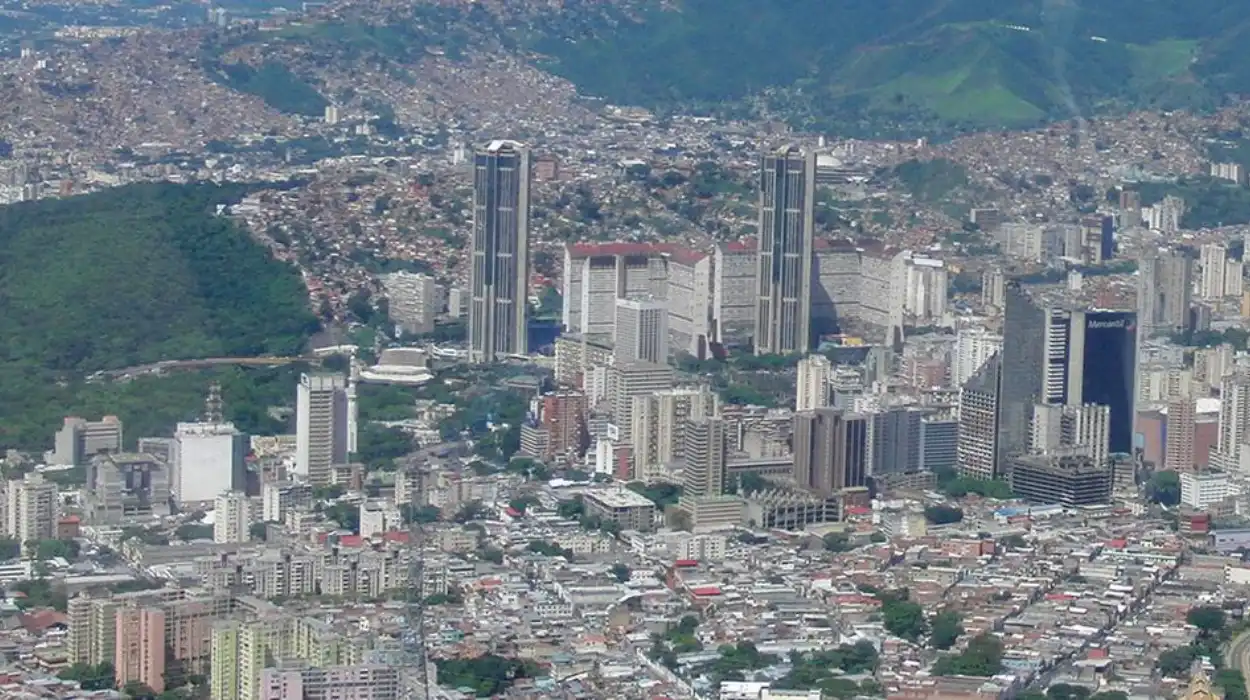Russian vetoes last year stopped UN Security Council reports about North Korea’s sanctions-busting efforts. Consequently, in October, 11 nations– Canada, Australia, France, Italy, Germany, Japan, the Netherlands, South Korea, New Zealand, the UK, and the United States – formed a “Multilateral Sanctions Monitoring Team” to continue examining sanctions violations.
The group held its first session last month in Washington, DC – little seen among the flurry of news in the early days of the Trump administration. Yet the conference was significant, as this issue signals a potential tendency, where the ineffectiveness of UN multilateral sanctions agencies may lead to unilateral measures to monitor sanctions regimes. These efforts, however, are not without challenges.
One of the first signs of a rift in the multilateral system became apparent in 2018, when Russia requested a gradual review of North Korean sanctions, emphasizing their little effectiveness in Pyongyang’s nuclear initiatives. A year later, Russia and China supported the partial lifting of sanctions, claiming that they worsened the humanitarian crisis in North Korea.
Since 2022, Moscow has been actively engaged in sanctions breaches by importing weapons and stationing military personnel from North Korea to sustain its invasion of Ukraine. Vetoing the mandate revival of what was understood as the 1718 Committee’s Panel of Experts was a necessary step for Russia, as holding the panel driving no longer aligned with its interests.
When the international community needed to act quickly to address sanctions violations but was unable to do so within the UN’s framework, the G7 nations plus New Zealand, the Netherlands, Australia, and South Korea launched the MSMT. This could serve as a model for similar standoffs in the future if UNSC negotiations on other sanctions regimes end in a deadlock.
In spite of this, organizations like the MSMT face challenges that could hinder their work. The use of non-US dollar financial institutions or obstructing maritime patrols by Russia and North Korea will render unilateral trade and financial sanctions ineffective, for example. Because violations occur at the government’s initiative, domestic authorities are unlikely to punish the entities involved. Other countries may disregard the MSMT’s findings because of its lack of UN legitimacy.
Furthermore, Western countries’ potential secondary sanctions in response to MSMT findings could fuel anti-Western sentiment. Getting legitimacy among states with economic ties to sanctioned countries is key to making non-UN monitoring teams effective.
It is possible to use Track II diplomacy initiatives to build trust with other countries and improve compliance among potential sanctions violators. In order to make monitoring more effective, monitoring states should engage with foreign businesses and individuals to explain the consequences of non-compliance. It is vital that non-UN bodies encourage other states to share vital data and provide suggestions for improving the sanctions regime in order to maintain the UN principle of inclusivity. As pivotal players in maintaining sanctions. Sanctioned states frequently exploit these nations as jurisdictions for illicit activities, which underscores the importance of their cooperation.
It is important for both UN and non-UN monitoring bodies to consider mechanisms for reviewing sanctions in order to make them more flexible. The impact of sanctions on ordinary citizens must be mitigated, otherwise, people may believe that sanctioning countries are responsible for their economic hardships. Sanctions in North Korea hindered the work of humanitarian organizations.
A lack of sanctions review may increase sanctioned countries’ risk tolerance, making them more susceptible to aggressive actions. MSMTs and possible non-UN monitoring bodies must consider these challenges to ensure effective and flexible implementation of UNSC resolutions.


